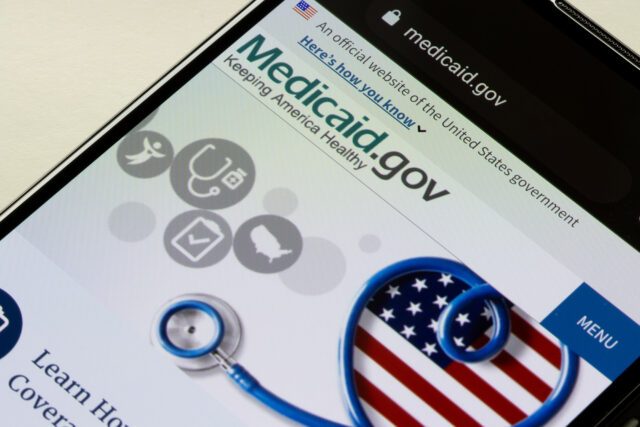
Good News for State Retirement Savings Initiatives
Alicia H. Munnell is a columnist for MarketWatch and senior advisor of the Center for Retirement Research at Boston College.
New Department of Labor rule says auto-IRA programs not subject to ERISA.
At any moment in time, less than half of private sector workers (ages 25-64) participate in any form of employer-sponsored retirement plan. The lack of universal coverage means that many workers move in and out of participating in a plan and a significant fraction will end up with nothing at retirement beyond Social Security. And Social Security will provide less in the future than in the past because of the increase in the “Full Retirement Age” from 65 to 67, rapidly rising deductions for Medicare premiums, and more households paying tax on their Social Security benefits. Without additional retirement income, many retirees will face a sharp drop in their standard of living. They need a retirement plan.
President Obama has proposed a national Auto-IRA program whereby any employer not offering a plan would be required to auto-enroll its employees in an Individual Retirement Account (IRA). Unfortunately, Congress has failed to enact this proposal. In the absence of any legislation, the Treasury has introduced the “MyRA,” a cleverly designed “starter” option based on a Roth IRA. But without auto-enrollment, take-up of MyRAs is likely to be modest.
Into this breach, enter the states. First California, then Illinois and Connecticut, and now Oregon have either adopted or are considering their own versions of auto-IRA programs for their uncovered workers and are moving toward implementing them. Employees would be automatically enrolled in these programs unless they affirmatively opt out. Many other states are contemplating such an arrangement.
Hanging over these initiatives, however, has been the concern that a state-run, auto-IRA program would fall under the auspices of the Employee Retirement Income Security Income Act of 1974 (ERISA). While ERISA offers many consumer protections, it also involves significant reporting and disclosure requirements and stringent conduct standards for plan fiduciaries. Several of the states have indicated that if their plan were covered by ERISA, they would not proceed.
The ERISA cloud has now been lifted by the Department of Labor’s new proposed rule for “Savings Arrangements Established by States for Non-Governmental Employees.” The rule establishes a safe harbor such that state-run payroll deduction IRA programs with automatic enrollment would not be considered an employee pension benefit plan under ERISA.
The Department of Labor in a 1975 regulation said that ERISA does not cover an IRA payroll deduction arrangement if four conditions are met: 1) the employer makes no contributions; 2) employee participation is “completely voluntary;” 3) the employer does not endorse the program and acts as a mere facilitator; and 4) the employer receives no consideration for his expense.
In 1999, DOL loosed up on #3 to allow employers to furnish IRA materials, answer employee inquiries, and encourage retirement savings through IRAs generally.
#2 – the “completely voluntary” language – remained the sticking point. Courts have held that “opt-out” arrangements are not consistent with a “completely voluntary” requirement.” Therefore, the state payroll deduction IRA initiatives underway do not met the 1975 safe harbor requirements.
But the Department of Labor acknowledges that the 1975 requirements were not written with a state-sponsored program in mind. The state mandating that the employer automatically enroll its employees is very different from the employer setting the terms of a program and administering it. Therefore, the Department proposes to introduce a “voluntary” standard that permits automatic enrollment with employee opt-out features. This change would remove uncertainty and make it less likely, if litigated, for the courts to conclude that these state programs are covered by ERISA.
DOL has asked for comments by January 19, 2016. Hopefully, this new rule will stir little controversy and the states can get on with their initiatives.






